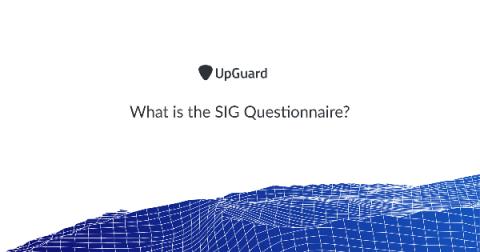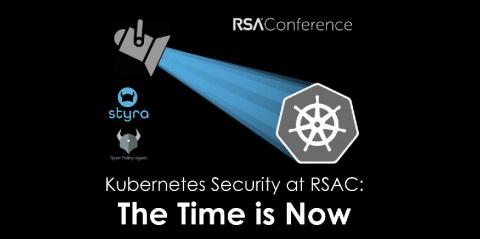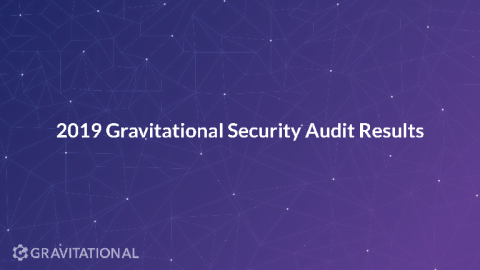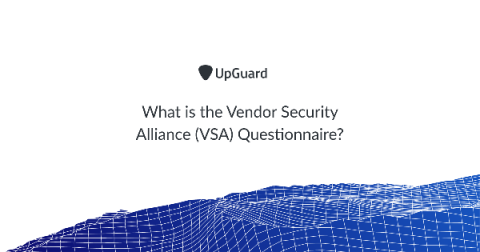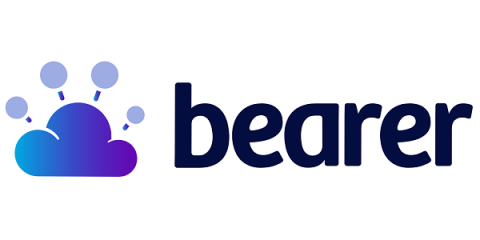What is the SIG Questionnaire?
The Standardized Information Gathering (SIG) questionnaire is used to perform an initial assessment of vendors, gathering information to determine how security risks are managed across 18 different risk domains. SIG was developed by Shared Assessments and is a holistic tool for risk management assessments of cybersecurity, IT, privacy, data security, and business resiliency. The SIG questionnaire was created by Shared Assessments.


